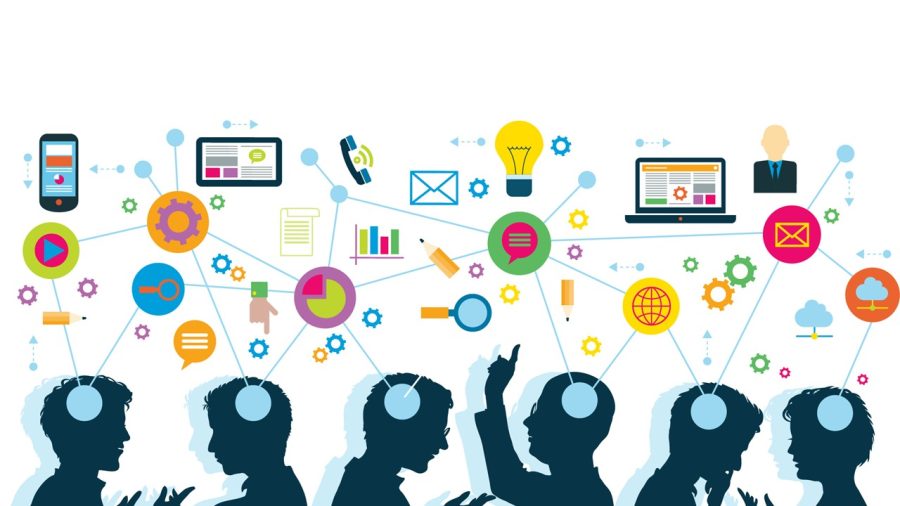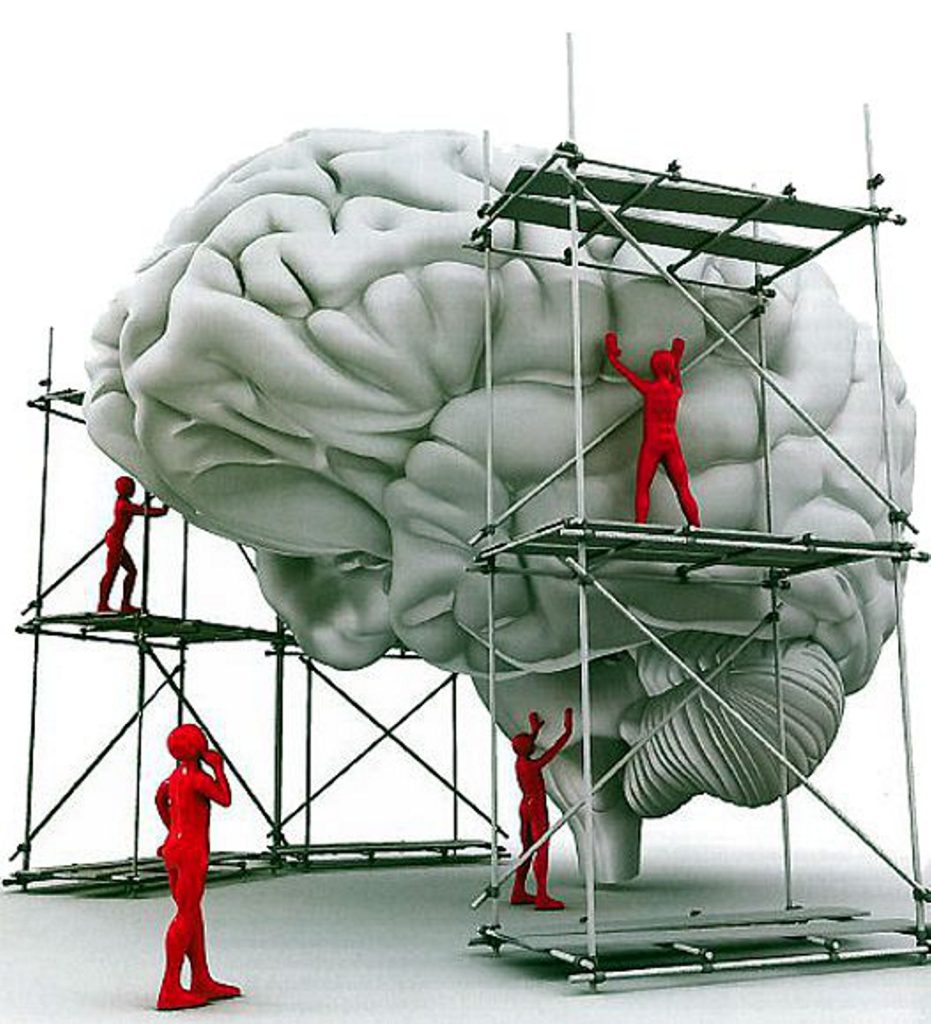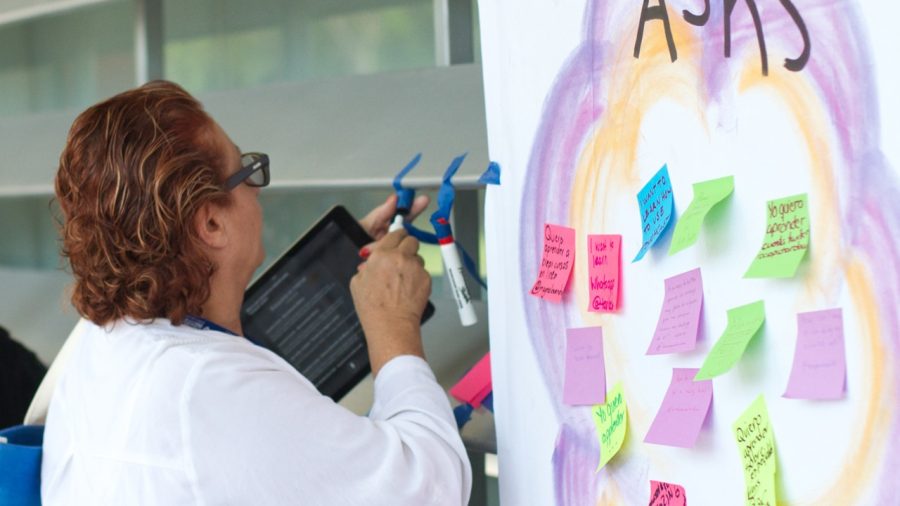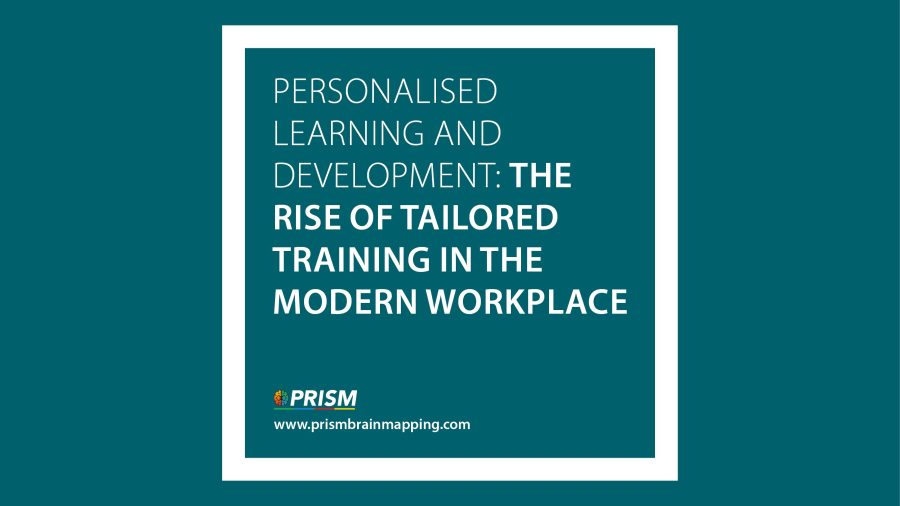The Rise of Tailored Training in the Workplace
In today’s agile business world, personalised learning and development has emerged as a vital strategy for organisational growth and individual success. As companies seek to remain competitive, the traditional one-size-fits-all training model is rapidly becoming obsolete. Instead, businesses are embracing tailored, evidence-based approaches that recognise individual differences in learning styles, behaviour, roles, and goals.

The shift towards personalised learning and development reflects a broader transformation in how we understand human behaviour, cognition, and performance. With advances in neuroscience, behavioural profiling, and digital technology, it is now possible to design training that aligns with how people actually learn — not just how we’ve historically delivered training.
Why Personalised Learning and Development Matters
Standardised training programmes often assume that everyone learns in the same way and needs the same information. But this ignores the complexity of human behaviour and the diverse needs across teams and roles. Personalised learning and development strategies, by contrast, start with the individual — their current skill set, behavioural preferences, and development goals — and build from there.
Research shows that when training is personalised, engagement increases, retention improves, and individuals are more likely to apply new skills in real-world contexts. According to a study by LinkedIn Learning (2023), 94% of employees said they would stay at a company longer if it invested in their learning and development. The key is not just offering learning opportunities but making them relevant and tailored.
Moving Beyond One-Size-Fits-All Training
The traditional “spray and pray” approach to learning — delivering the same workshop, eLearning module or seminar to every employee — often fails to generate real behaviour change. Employees disengage, and organisations struggle to demonstrate a return on investment.
With personalised approaches, development is no longer about pushing information but about enabling transformation. For example, tools like behavioural assessments can uncover how someone prefers to communicate, collaborate, and process information. This insight can then inform both the content and delivery of training — ensuring that individuals receive learning in the format and context that best suits them.

Moreover, personalisation supports inclusive learning cultures by acknowledging cognitive diversity. People bring different strengths and challenges to the table, and personalised development ensures that all learners — whether introverted or extroverted, reflective or action-oriented — feel seen, valued, and supported.
The Neuroscience Behind Personalised Learning

Neuroscience has played a pivotal role in shaping modern learning and development practices. The brain is not a static organ — it changes and adapts constantly based on experience. This concept, known as neuroplasticity, means that everyone has the potential to grow and develop, but the pathway to change differs from person to person.
When learning is aligned with how the brain naturally functions — through repetition, emotional engagement, and contextual relevance — it becomes more effective. Personalised learning and development harness these principles by aligning content with the learner’s natural behavioural preferences and goals. This leads to deeper engagement and more sustainable outcomes.
How Behavioural Profiling Supports Personalisation
Behavioural profiling tools, such as PRISM Brain Mapping, play a critical role in driving personalised learning and development. These tools provide rich, data-driven insights into how individuals behave in different situations — highlighting both natural strengths and potential blind spots.

For instance, someone who prefers structure and detail might benefit from training that is step-by-step and practical, while someone who thrives on innovation and big-picture thinking may respond better to open-ended, creative challenges. By identifying and adapting to these preferences, learning interventions become more meaningful and impactful.
Behavioural profiling also empowers managers and L&D professionals to deliver more effective coaching, feedback, and development planning. Rather than guessing what someone needs, you can start with a clear, science-backed understanding of how they work best.
Implementing a Personalised L&D Strategy
Adopting a personalised learning and development approach doesn’t mean starting from scratch. It involves shifting from generic to customised, from assumption to insight. Here are key steps for implementation:
- Assess Individual Needs – Use behavioural tools, feedback mechanisms, and performance data to understand each learner’s starting point.
- Set Personal Goals – Involve individuals in setting their own development goals, aligned with business objectives.
- Design Adaptive Content – Provide a blend of content formats and learning experiences (e.g., coaching, microlearning, simulations).
- Track Progress Continuously – Use feedback loops and reflective practices to adjust and refine learning paths.
- Empower Managers – Equip leaders to support individual growth through ongoing conversations and development planning.
The Future of Learning is Personal
As the workplace continues to evolve, the demand for personalised learning and development will only grow. The next generation of employees expects autonomy, relevance, and impact from their learning experiences. Employers that invest in tailored development will be better positioned to attract, retain, and grow top talent.
Moreover, personalised approaches foster a culture of continuous improvement — where learning is not an event, but an ongoing, adaptive journey. This shift benefits not just individuals but entire organisations, driving innovation, resilience, and long-term success.

Final Thoughts
Personalised learning and development represents a powerful evolution in how we think about workplace training. By moving beyond one-size-fits-all models and embracing approaches that respect individual differences, organisations can unlock the full potential of their people. With the right tools, insights, and mindset, personalised development is not just possible — it’s essential.
References
- LinkedIn Learning Workplace Learning Report 2023: https://learning.linkedin.com/resources/workplace-learning-report
- Centre for Evidence-Based Management (CEBMa): https://www.cebma.org/
- Chartered Institute of Personnel and Development (CIPD): https://www.cipd.org/uk/

